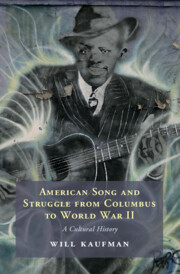If critical thought is to contribute to liberatory struggle, it arguably requires a general, even structural, theorisation of the nature and sources of power and oppression. This appears to be at odds with the critical project of questioning the immanence of truth to power, as famously framed by Michel Foucault. Yet Foucault’s philosophical project in fact hinged upon his own attempts to grapple with this tension. What is more, his ultimate failure to resolve it led to ambiguities that might be considered generative (especially in light of increased rapprochement between Foucauldian, Marxian, and decolonial International Relations [IR]). Reading Indigenous and decolonial movement intellectuals in tandem with Foucault, alongside the philosophy of science of one of his major influences – Gaston Bachelard – we advocate attentiveness to the ‘experimental’ way in which struggles against capitalist extraction and (neo)colonialism hold together dissonant theoretical – and ontological – commitments when putting forward structural accounts of power. This leads us to an ethos of inquiry that starts from lived thought, as well as to a non-linear approach to the relations between method, theory, and associated ontological commitments, from which scholars are traditionally trained away in social science.
